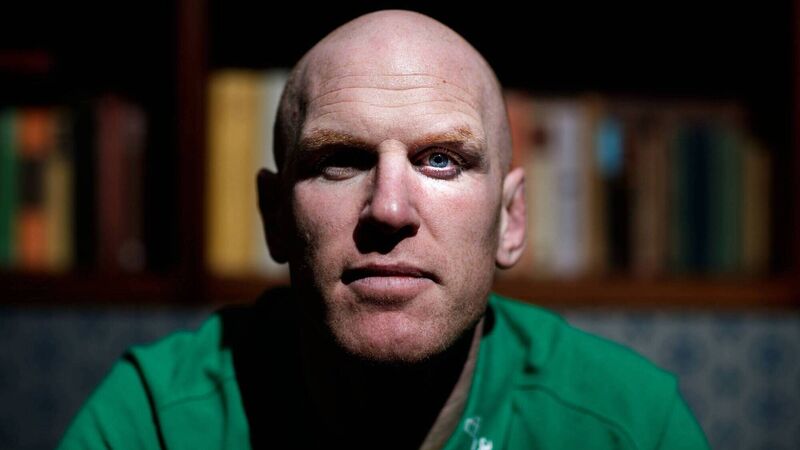Donal Lenihan: What an opportunity for James Ryan and Co to pick Paul O’Connell’s brain

Picture: Inpho/Bryan Keane
Try from €1.50 / week
SUBSCRIBE
STEPPING OUT OF THE SHADOWS: The implication is that Paul O’Connell’s focus in the Irish coaching set-up will be on the lineout, maul, and breakdown, all of which are in need of improvement. Picture: Inpho/Bryan Keane
The similarities are difficult to ignore. In a week when one 41-year-old icon, with over 100 caps at the coal face of international sport, decided to step away from the national coaching set-up, another is travelling in the opposite direction.
Managing and coaching at the highest level is an emotional roller coaster, the rewards or otherwise dictated exclusively by results. Damien Duff has his own reasons for stepping away from Stephen Kenny’s Republic of Ireland coaching set-up, just as Paul O’Connell has for finally agreeing to become part of Andy Farrell’s management team.
Already a subscriber? Sign in
You have reached your article limit.
Annual €130 €80
Best value
Monthly €12€6 / month
Introductory offers for new customers. Annual billed once for first year. Renews at €130. Monthly initial discount (first 3 months) billed monthly, then €12 a month. Ts&Cs apply.
Newsletter
Latest news from the world of sport, along with the best in opinion from our outstanding team of sports writers. and reporters
Friday, February 13, 2026 - 11:00 AM
Friday, February 13, 2026 - 12:00 PM
Friday, February 13, 2026 - 11:00 AM

Select your favourite newsletters and get the best of Irish Examiner delivered to your inbox
© Examiner Echo Group Limited